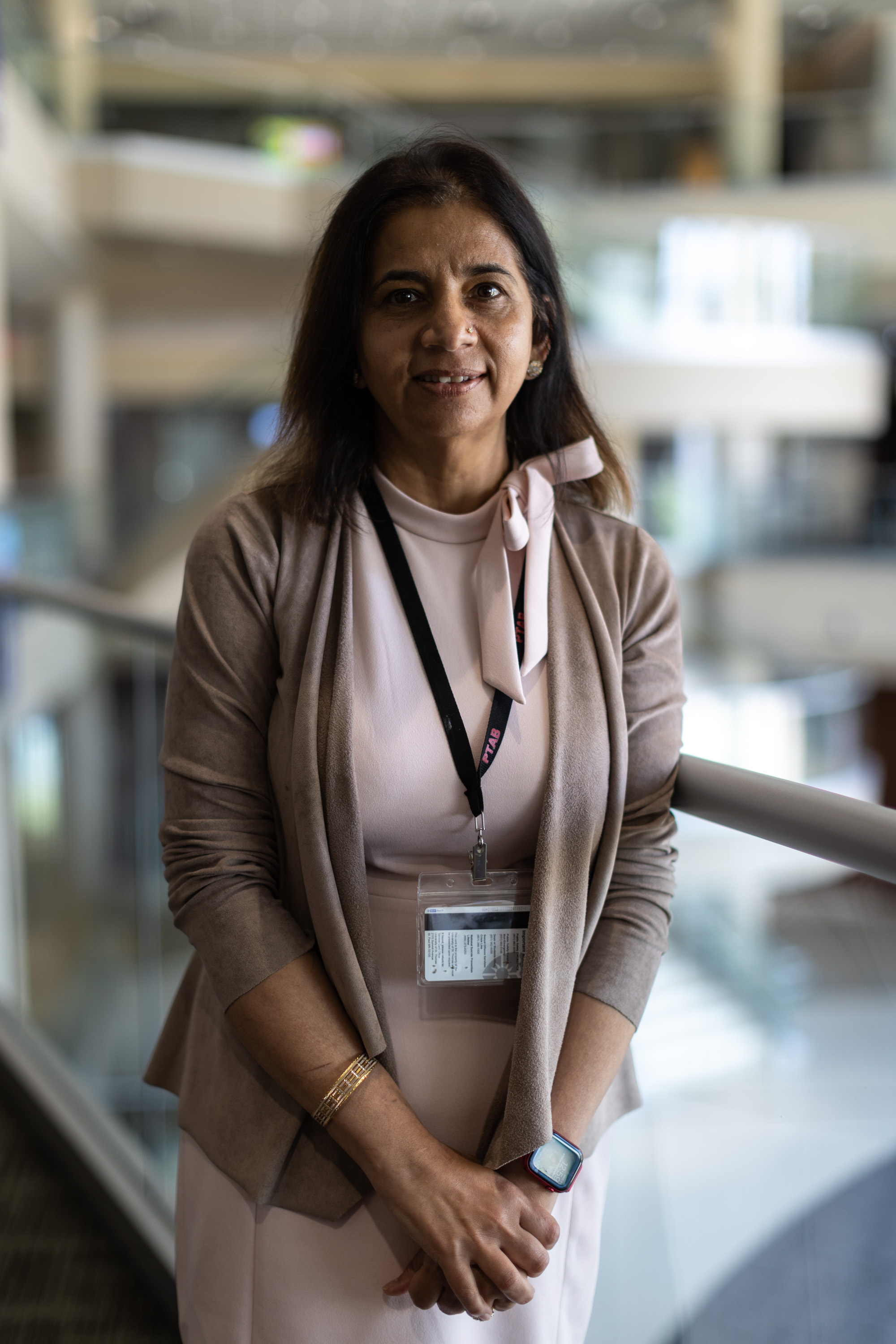“I would really encourage (students) to take the lead in raising awareness regarding mental health.”

Getting access to resources for mental health and seeking help can be exhausting, especially for youth of color, whose issues are not seen as genuine or worth prioritizing. However, for mental health professional and 2023 Bush Fellow Neerja Singh, it is a passion to prioritize this population.
Singh faces frustrations, challenges, and compelling experiences dealing with the intersectionality of race and mental health while working in the field. She has witnessed the cultural stigma in ethnic communities and observed that a lot of children of color do not have the same amount of access to quality care that a lot of white kids do.
“Especially for students of color, they do not get to see providers who speak their language, who look like them, who can really understand their struggles,” Singh said.
She goes on to elaborate that microaggressions that would be caught by someone of the same race are not as easy to notice for another racial group.
It does not click naturally for schools to notice these passive-aggressive behaviors, especially when the staff are mostly white and there is a lack of push for creating spaces for racial minorities, she explained. It is not classified as bullying; it is pushed off to the side, which only worsens the mental health of children of color. Not only that, but a lack of support from families can only add to that, she said.
“I belong to an Indian family. Still, everything is about grades,” she recalled.
She explains how the culture she grew up in prioritized GPA and did not care much for health. Because of the stigma around mental health, a lot of people around her found the concepts of trauma, anxiety and depression perplexing.
She feels that the stigma plays a part in why people do not ask for help. However, it is not the individual who she feels is challenging, but the system and lack of support it gives families who might need it. Singh feels the cultural concept of disease plays a big part in how communities of color perceive mental illness. In her experience, it is common for Asian and African communities to see these things like mental health as just a Western problem. That includes her own relationship with her daughter, which at first she could not understand herself, despite being a mental health professional.
If there is one thing Singh wants people to take from this, it’s this: “I would really encourage you guys (the students) to take the lead in raising awareness regarding mental health.”
But, as a word of advice and warning: “You will get frustrated.” A lot of people want to change the world in a short amount of time, but it simply does not work out that way. So, to combat the disappointment, appreciate the small accomplishments, have people who will be there for you and prioritize self-care. And she says to remember, “The message of seeking help is a sign of courage.
ThreeSixty Journalism students are passionate about mental health and how it impacts their community, which is why the stories produced at News Reporter Academy this summer are so important. In partnership with the Center for Prevention at Blue Cross and Blue Shield of Minnesota and led by MinnPost, students are profiling mental health resources in underrepresented communities. This resource guide highlights important people and organizations doing mental health work throughout the Twin Cities. Click to read more stories.
Minnesota Department of Human Services Featured at TV Camp, Too!
